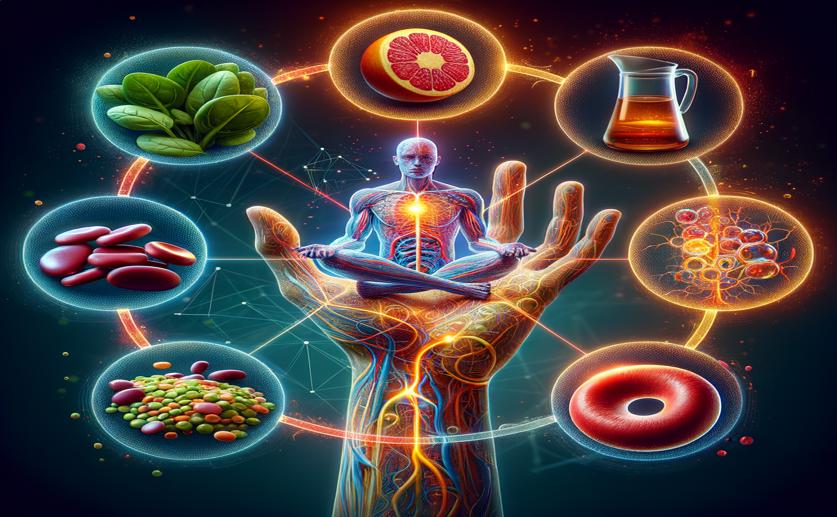
How Dietary Iron Affects Semen Quality Through Inflammation and Oxidative Stress
Greg Howard
7th July, 2024

Image Source: Natural Science News, 2024
Key Findings
- The study was conducted at Huazhong Agricultural University to investigate the effects of different iron supplements on boar semen quality
- Boars fed with 80 mg/kg or 115 mg/kg of MHA-Fe showed improved semen quality, including lower abnormal sperm rates and higher functional sperm counts
- The study suggests that current iron supplementation guidelines may need revision to optimize boar reproductive performance
References
Main Study
1) Source and level of dietary iron influence semen quality by affecting inflammation, oxidative stress and iron utilization levels in boars
Published 6th July, 2024
https://doi.org/10.1186/s40104-024-01032-5
Related Studies
2) Microelements in seminal and serum plasma are associated with fresh semen quality in Yorkshire boars.
3) Serum and Seminal Plasma Element Concentrations in Relation to Semen Quality in Duroc Boars.
4) Lifetime and removal reasons for Pietrain boars in European AI centers: a retrospective analysis.



 12th May, 2024 | Greg Howard
12th May, 2024 | Greg Howard